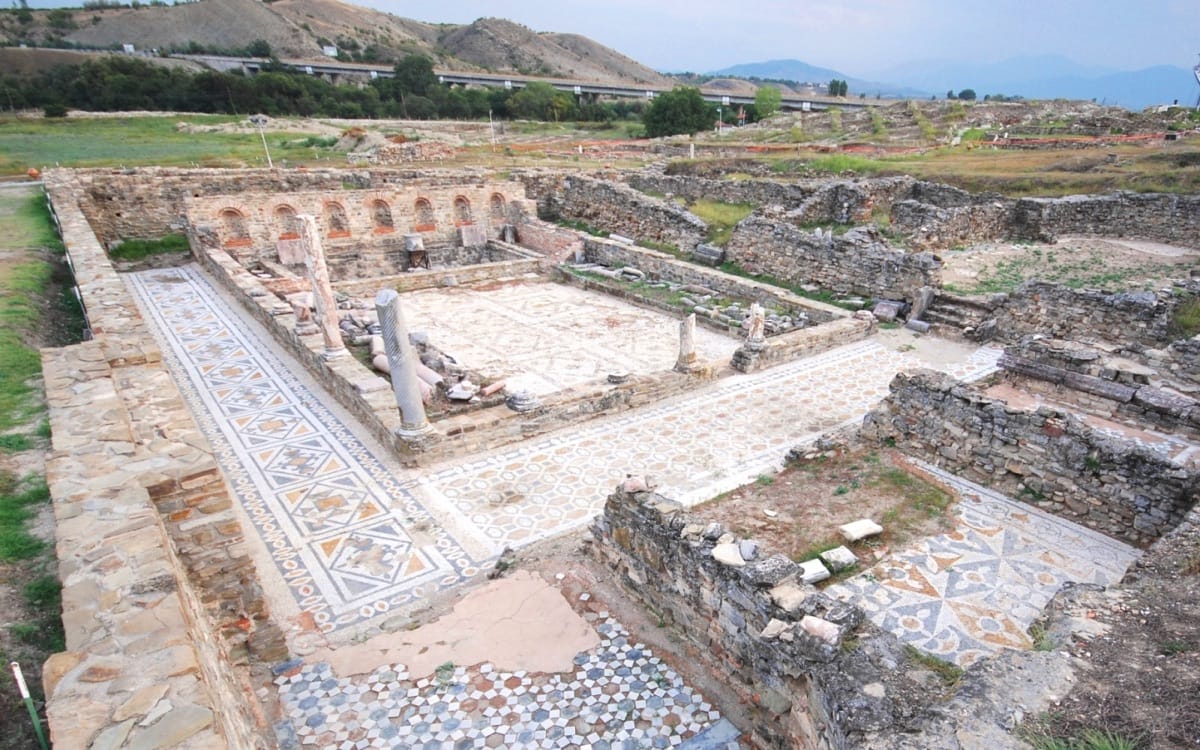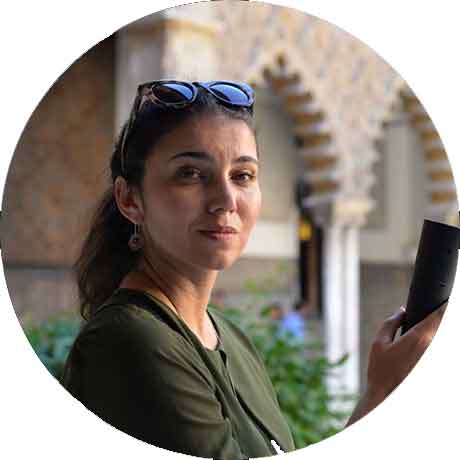Project Description
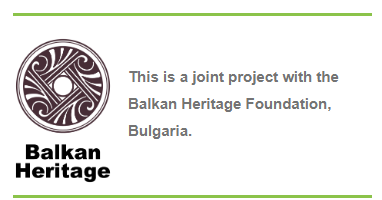
Overview
The ancient city of Stobi, which lies at the confluence of the Crna and Vardar (ancient Erigon and Axios) rivers, was the largest northern city of the Roman province of Macedonia. It later became the capital of the province Macedonia Secunda, an important urban, military, administrative, trade, and religious center of two large empires: The Roman and Early Byzantine. During the 2014-2018 field seasons, excavations were focused in an area next to one of the most representative, residential buildings in Stobi – the Theodosian Palace – located at the center of the Roman town, between the streets of Via Principalis Inferior and Via Principalis Superior. The building, which is richly decorated with mosaics, was given its name under the assumption that the emperor Theodosius I was accommodated there during his visit to Stobi in 388 CE. These excavations brought to light a late antique building situated between the Theodosian palace and an adjacent building, now called “the Jail” due to the discovery of shackled skeletons in the 1920s.
This season, work will continue in the same area in an effort to investigate the temporal and architectural relationships between the three buildings. Over the course of this program, students will learn excavation skills, field documentation processing procedures such as cleaning, selecting, and arranging archaeological finds, and 3D recording techniques including digital photogrammetry, satellite positioning, and surveying using a total station. This project aims to introduce students to the range of materials and cultures of Stobi and the region as a whole in the Roman and Late Roman period.
| Course Details | |
|---|---|
| Course Dates | June 23-July 20, 2024 |
| Course Type | Field Archaeology |
| Instructors | Dr. Silvana Blazhevska, Dr. George A. Bevan & Dr. Angela Pencheva |
| Credits* | 8 semester (12 quarter) |
| Priority Deadline | February 1 |
| Fees Due By | Summer 1 (May 1) |
| Program Fees | |
|---|---|
| Tuition | $3,875 |
| Transcript Fee* | $300 |
| Health & Evacuation Insurance | $125 |
| Room & Board | $1,555 |
| TOTAL: | $5,855 |
Applications accepted on a rolling basis until program fills or final deadline above.
Instructors
The directors welcome emails and inquiries about the research elements of this project. More general information (tuition, health insurance, and payment schedule) can be found under the ‘Students’ tab above. Any further questions may be addressed to IFR staff. Additional details about research, course schedule, travel, accommodation, and safety can be found on the syllabus. Contacting the directors or the IFR office is encouraged and appreciated. It may help you determine if this field school is a good fit for you.
Testimonials
This is my first time in the Balkans, it is an amazing way to learn about ancient history, because here among the ruins in the Stobi Archaeological park you get to be in the history. It was a great experience to learn how to do Field Archaeology; the team is fantastic and welcoming and make it fun to learn and to dig. And the other students that you meet here it just makes a very international environment, it’s a great experience to learn in.
This was my first dig ever, but the field school program is just great, I’ve learned a great amount of things. The thing that I liked most about the course was that you learn each part of Archaeology -the digging, finding floor levels, technical drawings of pottery and walls, etc.. The supervisors were also extremely patient with us and very helpful. I definitely feel more qualified than when I started.
Payment & Student Fees
Application Fee: There is a $45 fee to submit an online application.
Deposit Payment: A nonrefundable $500 deposit is due within 3 weeks of program acceptance in order to secure your place. The remainder of your program fees are due by the deadline indicated under “Course Details”.
*Transcript Fee & Academic Credit Opt Out: If you wish to participate in an IFR field school without earning academic credits, you will not be charged a transcript fee.
For more information about payment, fees, and policies, please see details under our Payment & Finances and Withdrawal and Cancellation Policy pages.
Accommodations
Participants stay at the recently renovated, air-conditioned cabins at the archaeological base camp next to the ancient site of Stobi. Students will be housed in rooms with 2–3 beds each. Each cabin has 4 bedrooms, a living room, and 2 bathrooms with showers. A washing machine and Wi-Fi are available for free. The Stobi cleaning staff will clean and disinfect the rooms & bathrooms and common spaces every day. In the beginning of the field school students will be introduced to the safety protocol for the hotel, the shuttle and the site upon arrival.
The closest village to Stobi is Gradsko (5 km), where there are grocery stores, a pharmacy, an ATM, and medical facilities. The closest big supermarket, drug-stores, pharmacies, banks with ATM and hospitals are in the city of Negotino (13 km from Stobi).
Meals: Three meals (fresh, homemade food) are provided each day. Meals usually take place at the field house premises, except for lunch packages during excursions. This field school can accommodate vegetarians, vegans, and individuals with lactose-intolerance diets, however, vegetarian/vegan students should be prepared that meals may not be as varied as they are accustomed to. Students will have access to grocery stores if they need supplemental food. Kosher and gluten-free diets are impossible to accommodate at this location.
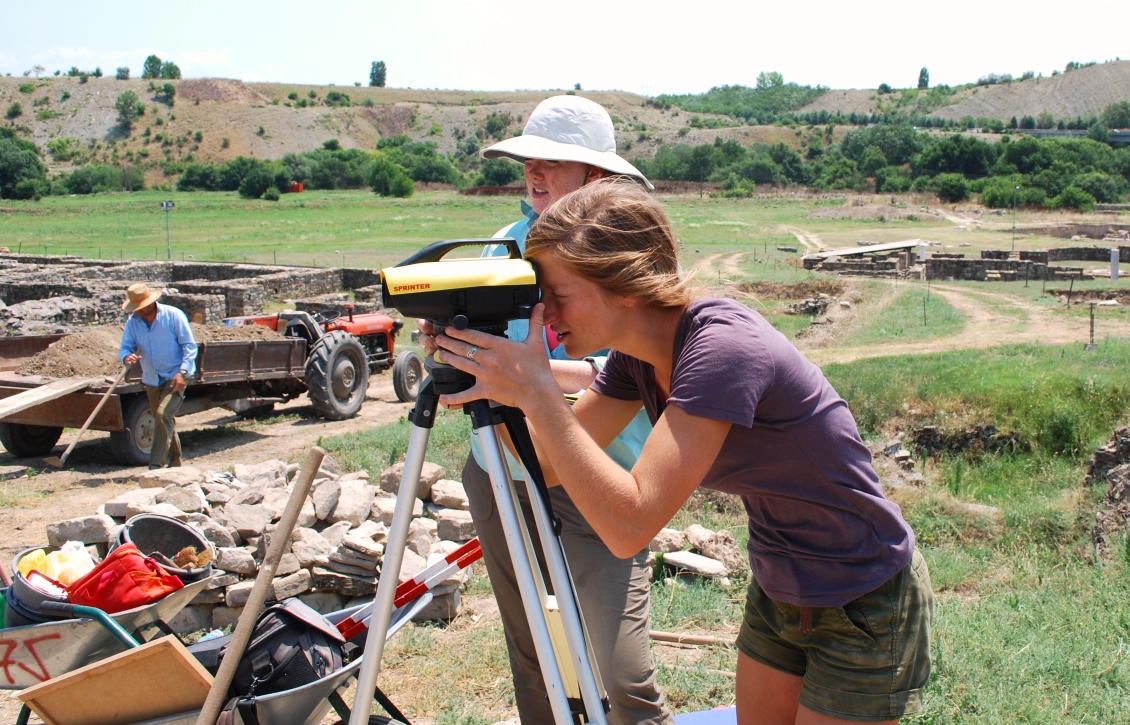
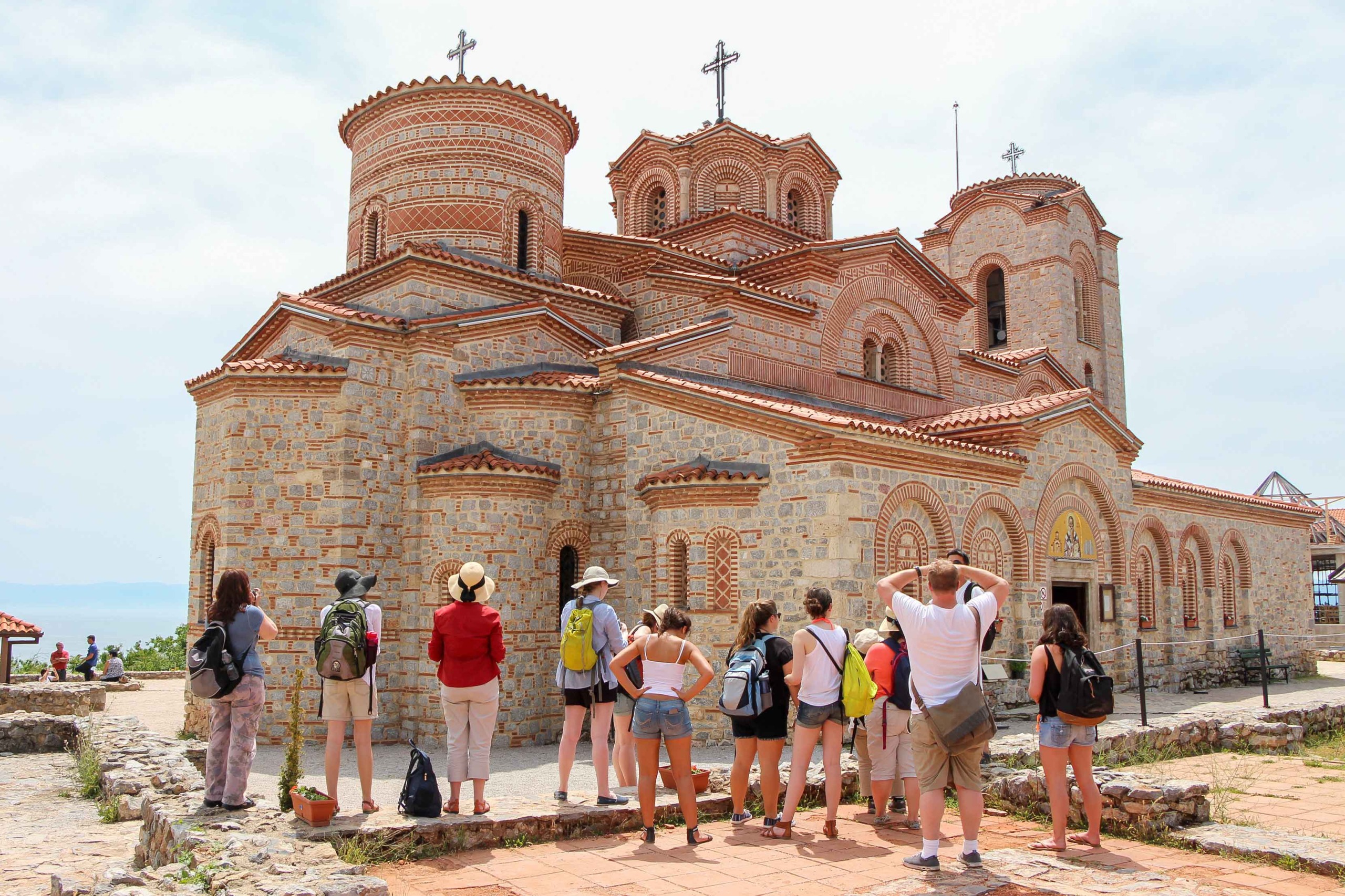
Travel Info
Natural disasters, political changes, weather conditions and various other factors may force the cancellation or alteration of a field school. IFR recommends students only purchase airline tickets that are fully refundable and consider travel insurance in case a program or travel plans must change for any reason.
General information for this program is below, but keep in mind we will discuss any updated travel information and regulations during the required program orientation, which could affect travel plans.
Shuttle or taxi service will be organized for all the students arriving at the two closest airports: Skopje airport (N. Macedonia) or Thessaloniki airport (Greece). Further travel information will be shared during orientation.
VISA REQUIREMENTS
Citizens of EU, EEA, USA, Canada, Japan, Republic of Korea, Australia and New Zealand do not need a visa to visit N. Macedonia for up to 90 days. Citizens of all other countries may need a visa. The Balkan Heritage Foundation can send an official invitation letter that should be used at the relevant embassy to secure a visa to the program.
Citizens of all other countries may need a visa. The Balkan Heritage Foundation can send an official invitation letter that should be used at the relevant embassy to secure a visa to the program.
For more information about border crossing visit the Balkan Heritage Field School web site at http://www.bhfieldschool.org/countries/macedonia and
http://www.bhfieldschool.org/countries/bulgaria and
http://www.bhfieldschool.org/information/visa-help and the links provided there.
Student Safety
The IFR primary concern is with education. Traveling and conducting field research involve risk. Students interested in participating in IFR programs must weigh whether the potential risk is worth the value of education provided. While risk is inherent in everything we do, we do not take risk lightly. The IFR engages in intensive review of each field school location prior to approval. Once a program is accepted, the IFR reviews each program annually to make sure it complies with all our standards and policies, including student safety.
Students attending IFR international programs are covered by a comprehensive Health Insurance policy that includes physical illness or injury, mental or chronic conditions. No deductible and 100% of costs are covered up to $250,000. In addition, we provide Political and Natural Disaster Evacuation policy, which allow us to remove students from field school location if local conditions change. Our field school directors are scholars that know field school locations and cultures well and are plugged in into local communities and state institution structures.
Students attending IFR domestic programs (within the US) must have their own health insurance and provide proof upon enrollment. IFR field school directors are familiar with local authorities and if in need of evacuation, local emergency services and/or law enforcement will be notified and activated.
The IFR has strong, explicit and robust policy towards discrimination and harassment in the field. If students feel they cannot discuss personal safety issues with field school staff, the IFR operates an emergency hotline where students may contact IFR personnel directly.
Call (877-839-4374) or email (info@ifrglobal.org) if you have questions about the safety of any particular program.










